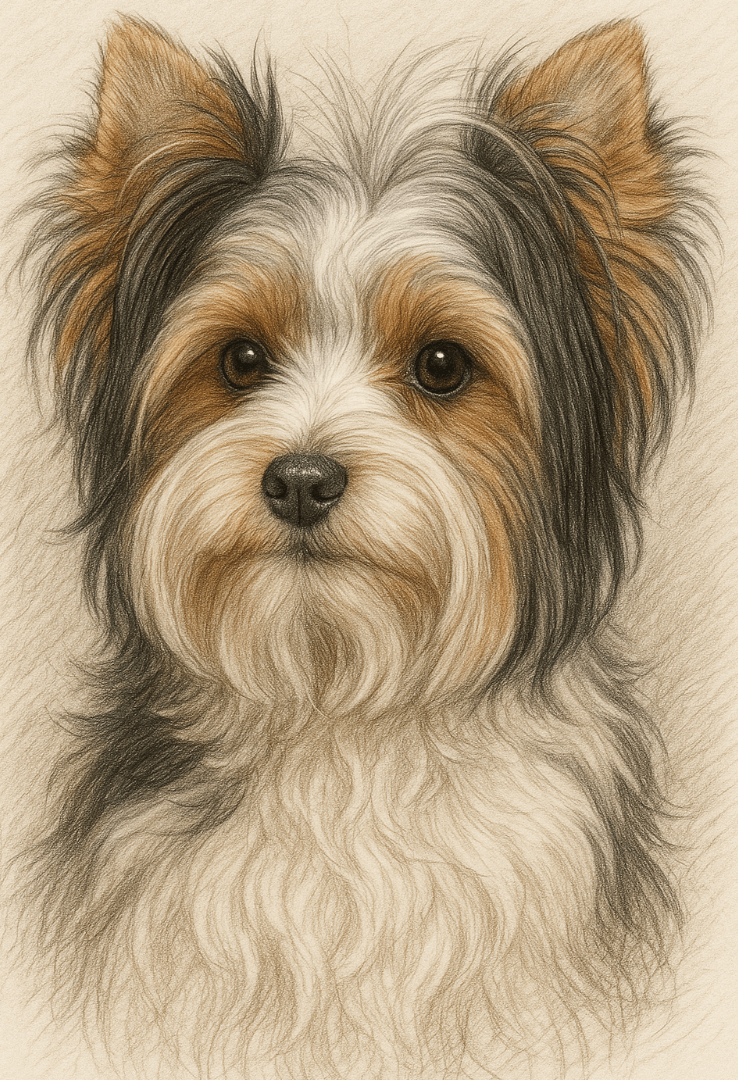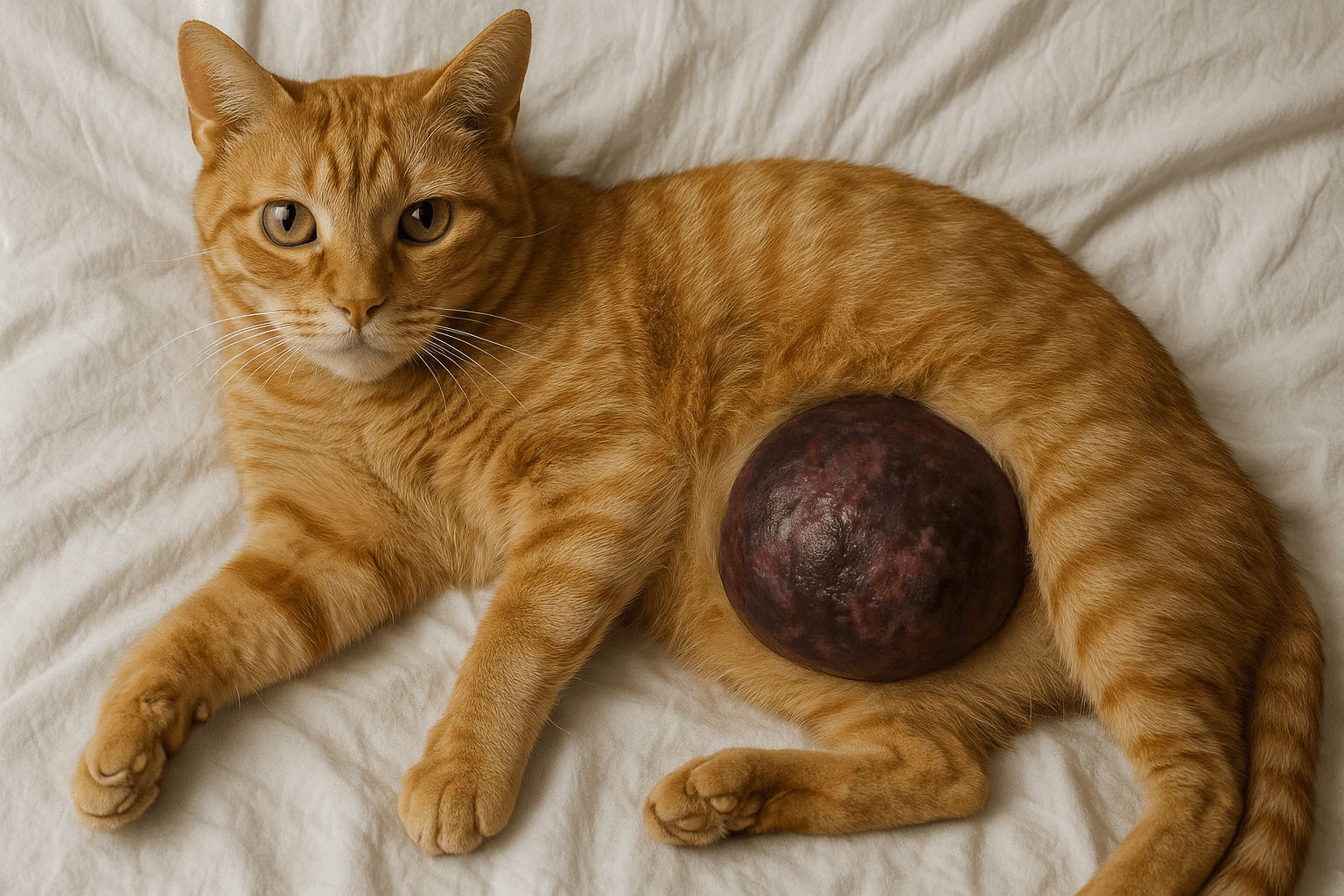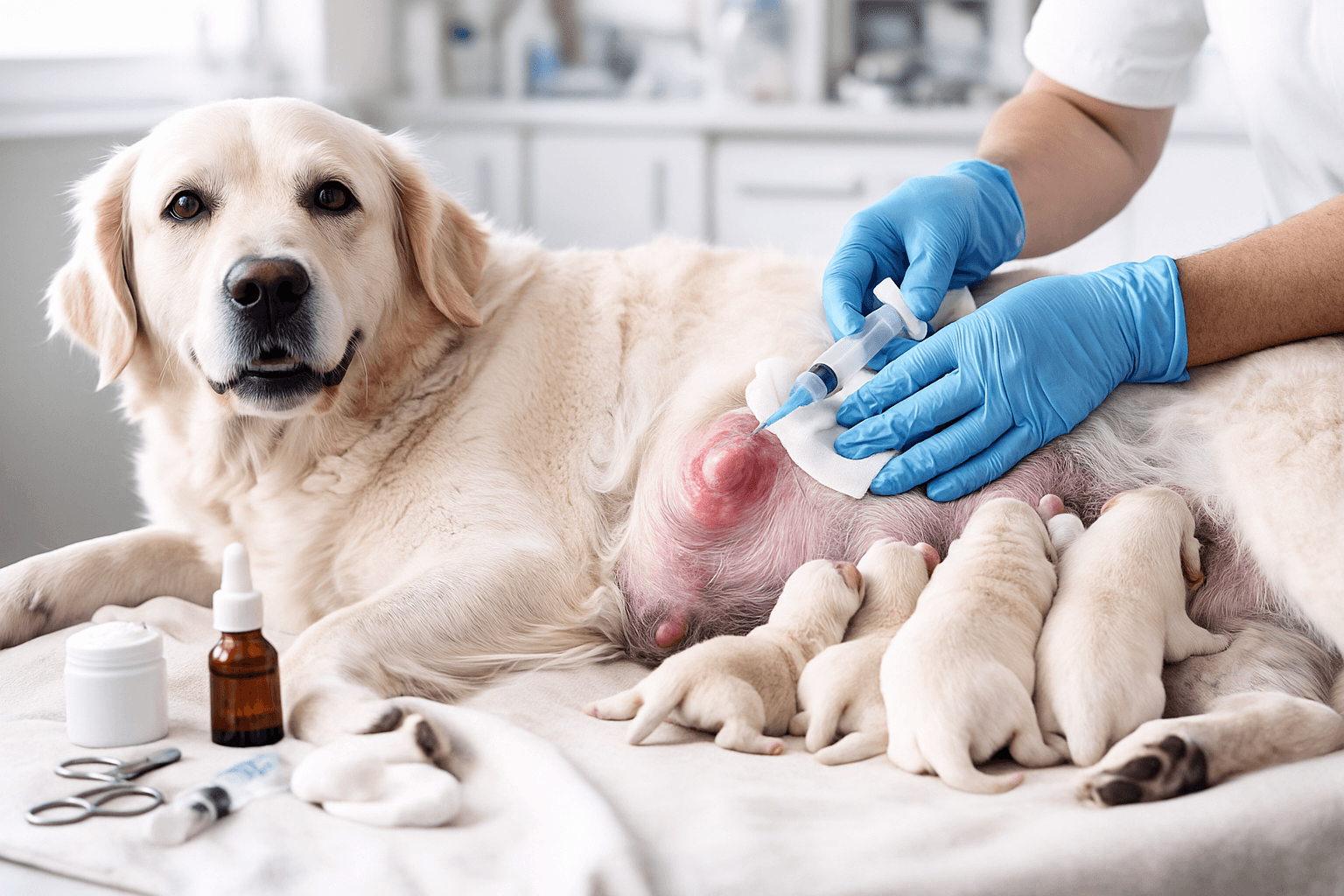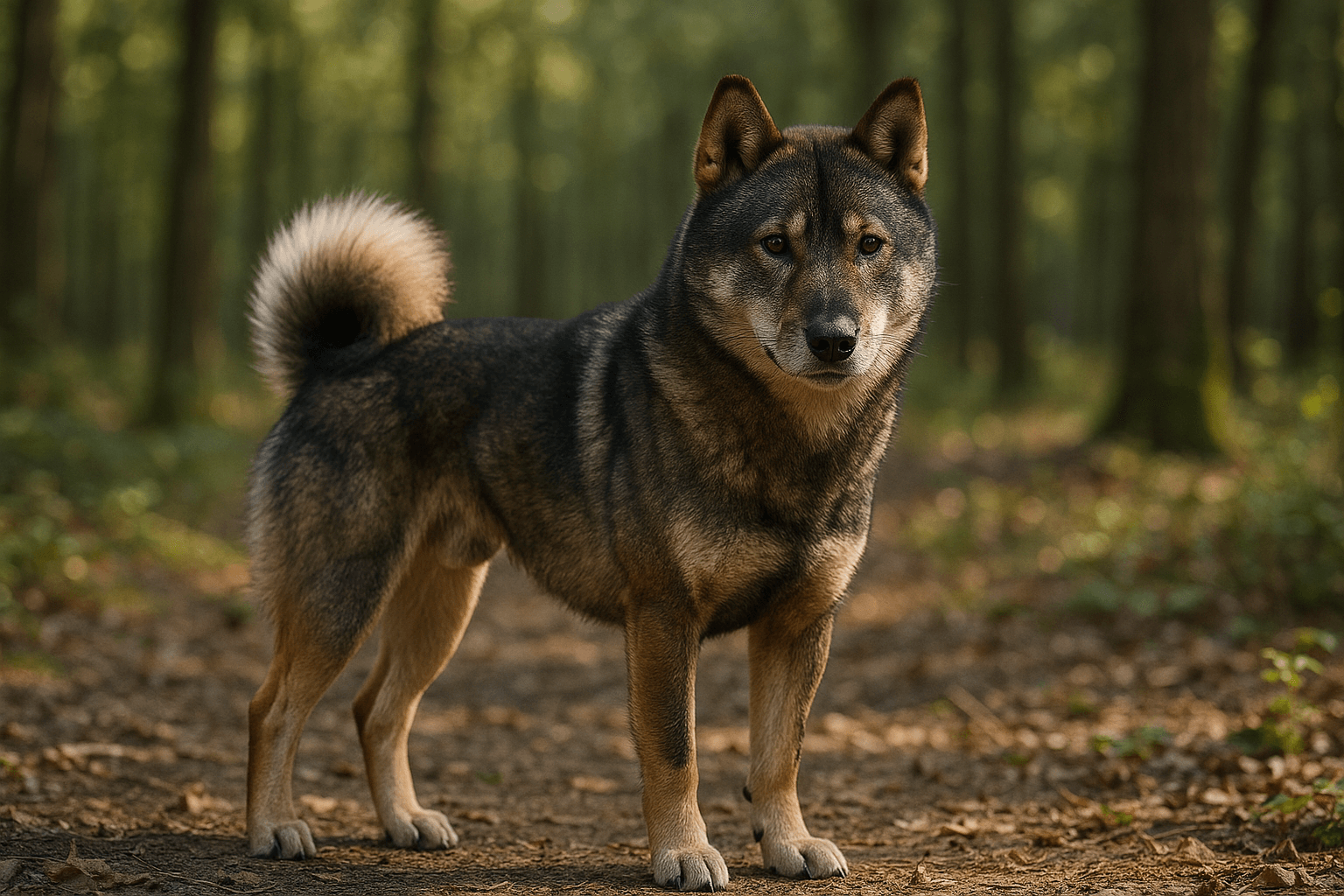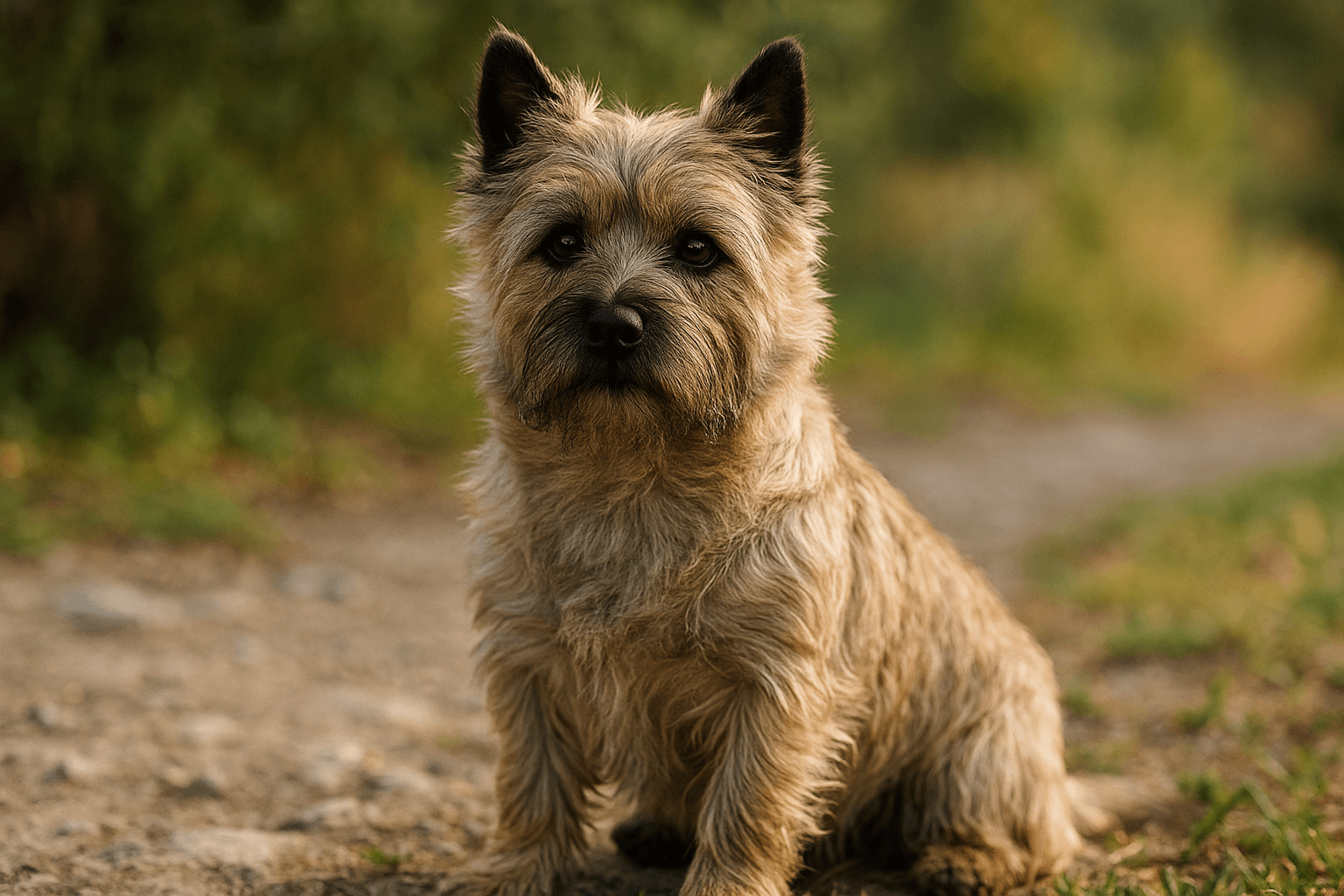Biewer Terrier Dog: A Tiny Bundle of Joy
The Biewer Terrier, often referred to as the “Biewer Yorkie,” is a small but mighty breed that has captured the hearts of dog lovers worldwide. Known for their striking tri-colored coat and playful personality, these pint-sized pups are as charming as they are affectionate. Originating in Germany in the 1980s, the Biewer Terrier is a relatively new breed that has quickly gained recognition for its unique appearance and delightful temperament.
Whether you’re considering adding one to your family or simply curious about this adorable companion, understanding their traits, care requirements, and quirks is essential. In this blog post, we’ll dive into everything you need to know about the Biewer Terrier dog, from their origins to tips for raising a happy and healthy pup.
Key Characteristics of the Biewer Terrier Dog
The Biewer Terrier is a one-of-a-kind breed that combines elegance, intelligence, and a playful spirit. Here are some defining characteristics that make them stand out as a beloved companion.
Tri-Colored Coat:
Their silky, long coat comes in a distinctive combination of white, black, and tan, making them visually stunning and easy to recognize.Small Size:
Weighing between 4-8 pounds and standing about 7-11 inches tall, they’re perfectly portable and ideal for apartment living.Playful Personality:
Despite their small stature, Biewer Terriers are energetic and love to play, making them great companions for active families.Affectionate Nature:
They thrive on human interaction and form strong bonds with their owners, often craving attention and cuddles.Intelligent and Trainable:
Known for their quick wit, they excel in obedience training and enjoy learning new tricks when rewarded with treats or praise.
These traits make the Biewer Terrier a delightful addition to any household, provided their needs for companionship and mental stimulation are met.
Physical Traits of the Biewer Terrier Dog
The Biewer Terrier’s appearance is one of its most captivating features, blending beauty with functionality. Here’s a closer look at their physical characteristics.
Distinctive Coat Pattern:
Their tri-colored coat is a hallmark of the breed, with a unique piebald pattern that sets them apart from other small dogs.Silky Texture:
The coat is fine and silky, requiring regular grooming to prevent tangles and maintain its shine.Compact Build:
Their small, sturdy frame makes them agile and nimble, capable of navigating tight spaces with ease.Expressive Eyes:
Large, dark eyes give them an endearing and alert expression, reflecting their curious and lively nature.Tail and Ears:
Often docked (where permitted) and upright ears add to their elegant and refined appearance.
Their striking looks and manageable size make the Biewer Terrier a favorite among dog enthusiasts who appreciate both style and substance.
Check this guide 👉Silky Terrier: Best 7 Expert Tips!
Check this guide 👉Saint Bernard Yorkshire Terrier Mix: Best 7 Expert Tips!
Check this guide 👉Rhodesian Ridgeback Yorkshire Terrier Mix: Best 7 Tips!
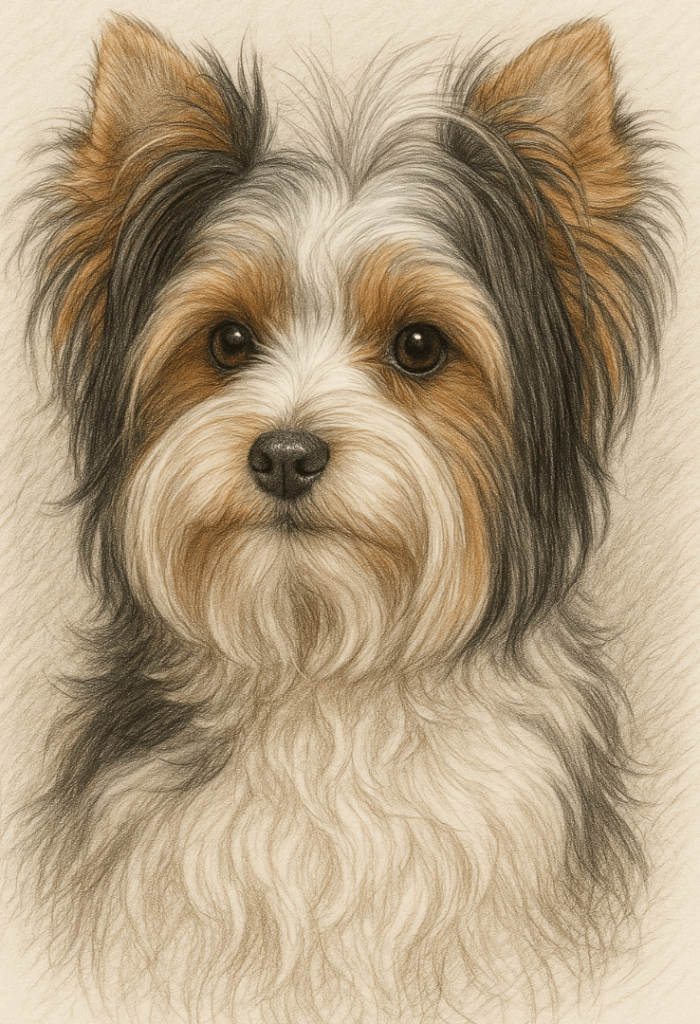
Pros of Owning a Biewer Terrier Dog | Cons of Owning a Biewer Terrier Dog |
|---|---|
Affectionate and great with families | Requires regular grooming due to long coat |
Small size, ideal for apartments | Can be prone to separation anxiety |
Intelligent and easy to train | Sensitive to extreme temperatures |
Adaptable to various living environments | May bark excessively if not trained |
Long lifespan (12-15 years) | Fragile bones require careful handling |
Training Tips for Your Biewer Terrier Dog
Training a Biewer Terrier is a rewarding experience, thanks to their intelligence and eagerness to please. However, their small size and occasional stubborn streak require patience and consistency.
Start Early:
Begin training and socialization as a puppy to establish good habits and prevent behavioral issues later.Use Positive Reinforcement:
Treats, verbal praise, and playtime are highly effective motivators for this food-loving breed.Keep Sessions Short and Fun:
Their attention span is limited, so aim for frequent, engaging sessions rather than long ones.Address Barking Tendencies:
Teach commands like “quiet” to manage their tendency to bark when excited or anxious.Focus on Socialization:
Introduce them to new people, pets, and environments early to build confidence and reduce fearfulness.
With the right approach, training becomes a bonding experience that brings out the best in your Biewer Terrier.
Exercise Needs of the Biewer Terrier Dog
Despite their small size, Biewer Terriers are surprisingly energetic and require regular exercise to stay happy and healthy. Balancing their activity levels ensures a well-behaved and content companion.
Daily Walks:
Aim for at least 20-30 minutes of walking or light playtime daily to meet their exercise needs.Indoor Play:
Interactive games like fetch or hide-and-seek provide mental stimulation and strengthen your bond.Avoid Overexertion:
Their delicate frames mean they’re prone to injury; avoid high-impact activities like jumping or rough play.Mental Challenges:
Puzzle toys and scent-based games keep their sharp minds engaged and prevent boredom.Supervise Outdoor Time:
Due to their small size and curious nature, ensure they’re always supervised in open spaces to prevent accidents.
Meeting their exercise needs ensures a calm and well-adjusted demeanor at home.
Common Misconceptions About the Biewer Terrier Dog
Despite their growing popularity, several misconceptions surround this breed. Clarifying these myths helps set realistic expectations for potential owners.
They Are Just Like Yorkshire Terriers:
While they share ancestry, Biewer Terriers have distinct traits and genetic differences that set them apart.All Biewer Terriers Are Hypoallergenic:
Though they produce less dander, they still shed and may trigger allergies in sensitive individuals.They Don’t Need Much Exercise:
Despite their small size, they require daily physical and mental stimulation to stay healthy and happy.They’re Always Quiet:
While generally calm indoors, they can bark frequently if not properly trained or left alone for long periods.They’re Low-Maintenance Grooming Wise:
Their long, silky coat requires regular brushing and professional grooming to stay in top condition.
Dispelling these myths ensures a deeper understanding of this delightful breed.
Health Considerations for the Biewer Terrier Dog
Like all small breeds, the Biewer Terrier is prone to certain health issues that require proactive care. Being aware of these risks helps ensure a long and healthy life for your pup.
Dental Problems:
Small breeds are susceptible to tooth decay; regular brushing and dental check-ups are crucial.Patellar Luxation:
A condition where the kneecap dislocates; maintaining a healthy weight reduces the risk.Hypoglycemia:
Low blood sugar can occur, especially in puppies; feeding small, frequent meals helps prevent episodes.Sensitivity to Cold Weather:
Their thin coats make them vulnerable to cold; invest in sweaters or jackets during chilly months.Eye Issues:
Conditions like cataracts or progressive retinal atrophy (PRA) may occur; routine eye exams help detect problems early.
Proactive healthcare ensures a longer, healthier life for your beloved pet.
Fun Activities to Enjoy with Your Biewer Terrier Dog
Living with a Biewer Terrier means embracing opportunities for fun and bonding. These activities will keep them entertained while strengthening your connection.
Short Walks Around the Neighborhood:
Exploring new sights and smells satisfies their curiosity and keeps them physically active.Interactive Toys:
Puzzle feeders and treat-dispensing toys provide mental stimulation and entertainment during downtime.Agility Training:
Create a mini obstacle course indoors or outdoors to engage their athleticism without overexertion.Cuddle Time:
Their affectionate nature makes snuggling on the couch a favorite pastime for both of you.Car Rides:
Many Biewer Terriers enjoy car trips; secure them in a crate or harness for safety and comfort.
Engaging in these activities ensures a fulfilling life for your adventurous companion.
Frequently Asked Questions About the Biewer Terrier Dog
Is the Biewer Terrier hypoallergenic?
While their coat produces less dander, they are not completely hypoallergenic and may still trigger allergies in sensitive individuals.
Are they good with children?
Yes, they can be great with kids, but supervision is key due to their small size and fragility.
Do they get along with other pets?
With proper socialization, they can coexist peacefully with other dogs and cats.
How much grooming do they need?
Regular brushing and occasional baths are necessary to keep their long coat tangle-free and shiny.
What health issues should I watch for?
Potential concerns include dental problems, patellar luxation, and hypoglycemia; regular vet check-ups are essential.
Embracing Life with a Biewer Terrier Dog
The Biewer Terrier is a perfect blend of charm, intelligence, and affection, making them an ideal companion for those seeking a small yet spirited dog. Their unique appearance and playful personality bring joy to any home, but they also require thoughtful care and attention. By understanding their needs and committing to their well-being, you’ll be rewarded with a loyal and loving friend who brightens your days. If you’re ready to welcome a tiny bundle of happiness into your life, the Biewer Terrier could be the perfect addition to your family.
Spleen Cancer in Cats: Best 7 Expert Tips! – Expert insights on symptoms, care, treatment & quality of life for feline spleen cancer.
Dog Mastitis Treatment: Best 7 Expert Tips! – Safe, vet-approved care for nursing moms & prevention strategies.
The Shikoku Ken Dog: Best 7 Expert Tips! – Discover expert care, training & health advice for this rare, loyal Japanese mountain breed.
The Cairn Terrier Dog Breed: Best 7 Expert Tips! – Discover care, training & health advice for this spirited, loyal Scottish terrier.

